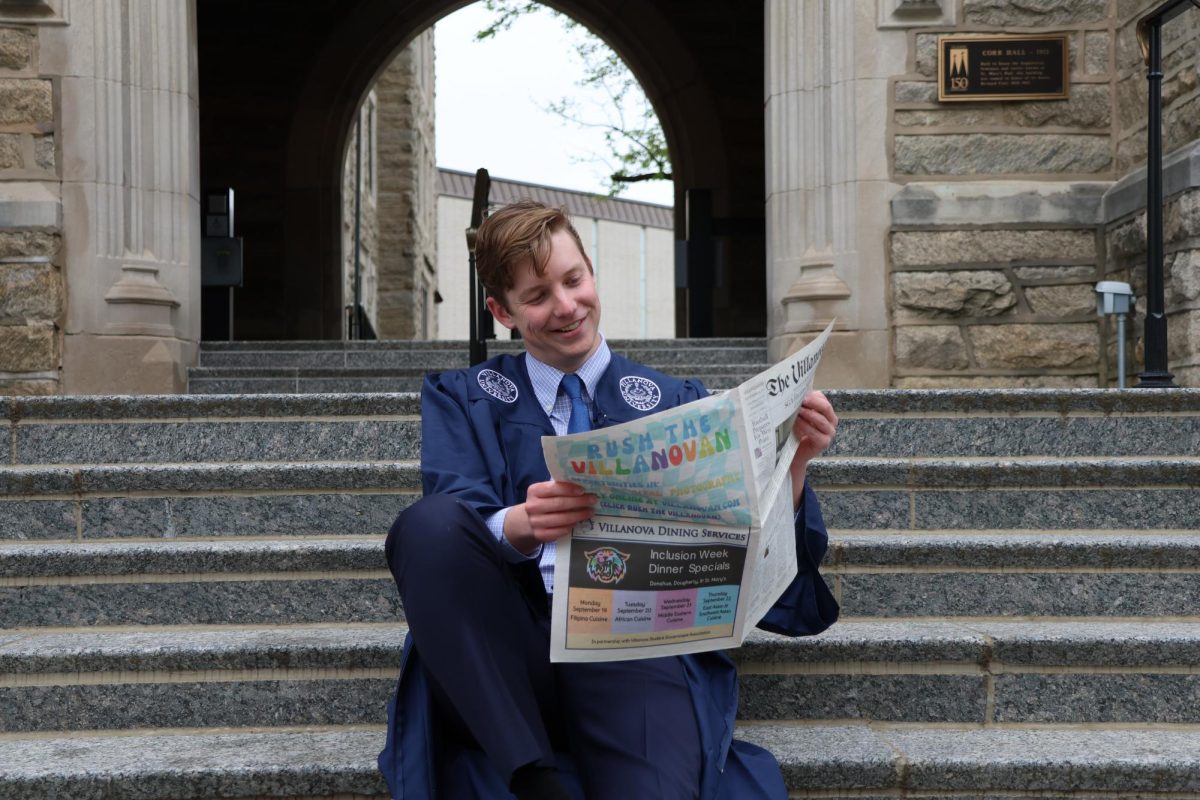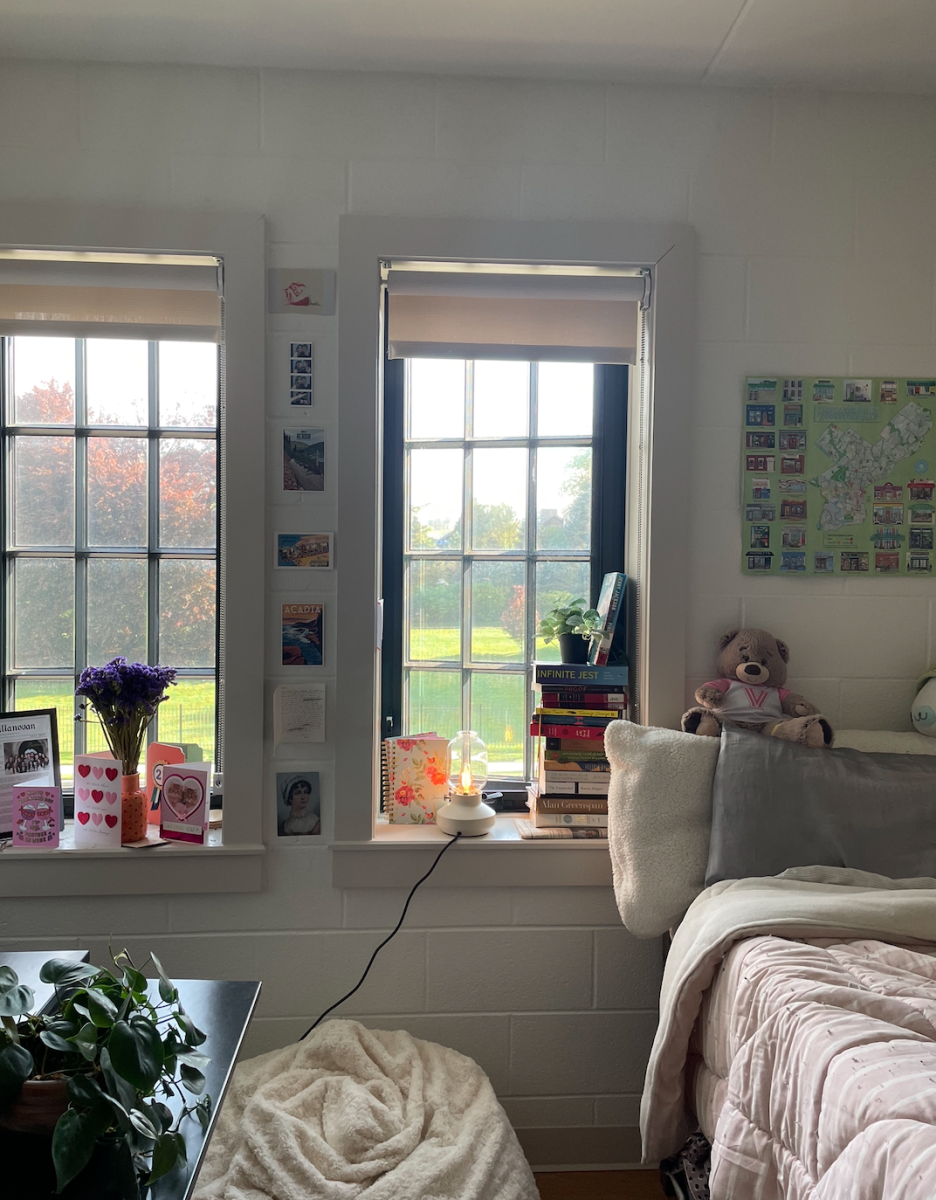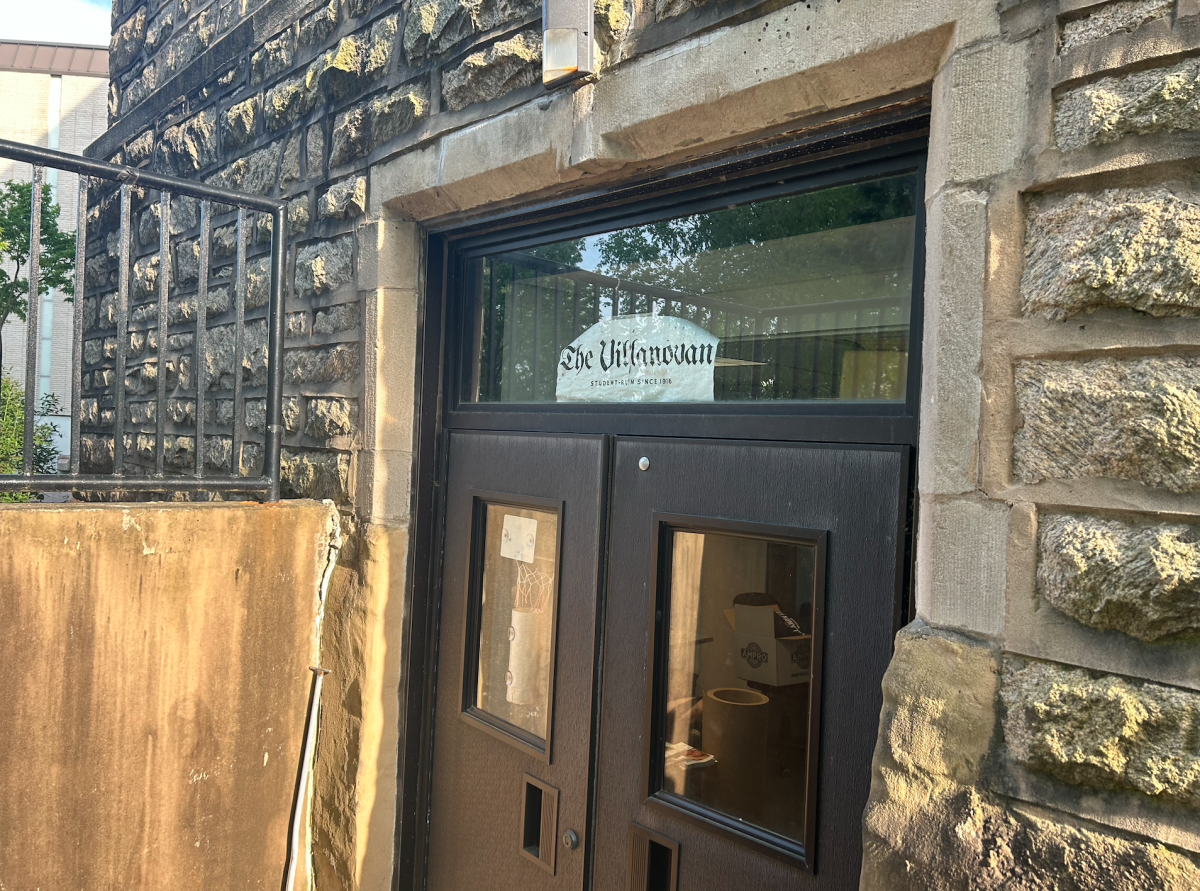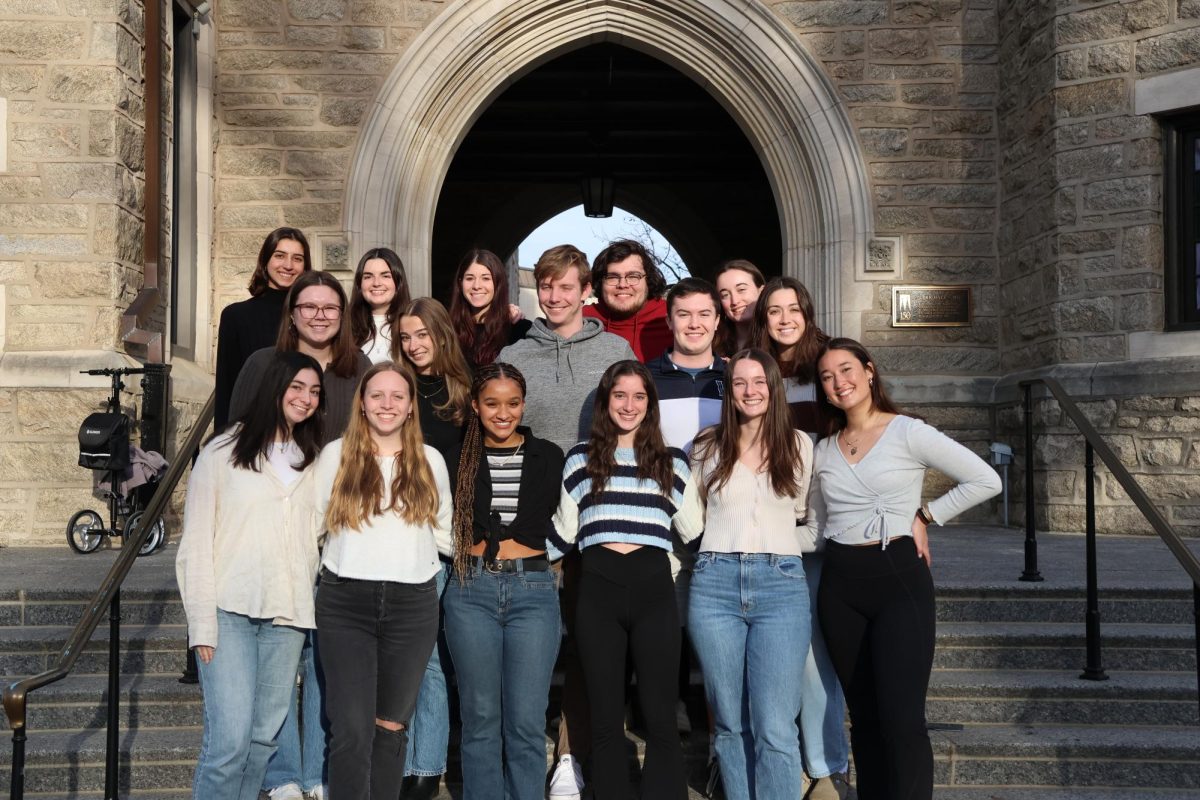My colleagues and I read with interest the opinion piece by Natalie Murphy on whether ACS, a required course, is a “Blessing or Curse?” This is an important question, and, as the director of the program since 2021, I’d like to better inform the conversation.
As a first-year seminar, ACS is a skills course, and Murphy rightly noted the positive benefits of ACS on student writing. In surveys, many students have reported that they appreciate the opportunity to work on their discussion and public speaking skills. They also enjoy sharing a seminar with students from all four colleges.
On average, nearly five dozen instructors from a wide range of disciplines teach at least one section. None of us is an expert on all of the texts. Instead, we are proficient at teaching academic skills like good writing and modeling how to gain competence and confidence in engaging a diverse set of unfamiliar and challenging texts by reading, discussing, and learning along with our students.
I agree with Murphy that the ACS reading list would benefit from greater overlap across all 115-plus sections. Beginning this semester, all sections of Moderns will read Narrative of the Life of Frederick Douglass and Kant’s “What is Enlightenment?” and be introduced to the four concepts of Catholic Social Thought: human dignity, solidarity, subsidiarity and the Common Good, so as to gain a shared Augustinian and Catholic vocabulary.
One criticism of ACS mentioned is it does not help anyone to choose a major. That’s not its purpose. Students have advisors (and other courses) for that. ACS is a pre-disciplinary course. That is, a course before students go on to become specialists in their respective fields and separated by colleges, they gather to ask big questions about the meaning and purpose of their educations, careers and indeed of their lives. If we wait to ask these questions, we may be more likely to find, as Augustine did, that even a successful career may not be fulfilling, or, as the main character in Tolstoy’s novella The Death of Ivan Ilych did, that there are terrible consequences to putting off too long asking the question, “What to me is a life worth living?”
Finally, my colleagues and I do not want students to think that, just because they have read, for instance, Plato’s Symposium, the Gospel of Mark or discussed a question such as, “What constitutes a life worth living?” in ACS, they have thereby studied philosophy, theology or ethics. These foundational disciplines are varied, rich, fun and beneficial. But ACS is not intended as a substitute introduction to them. Rather, ACS equips students to discover the potentially life-changing connections between them.
If one would like to help shape the future of ACS, please consider joining the ACS Student Advisory Board. The Board, a collaborative effort between ACSP and members of SGA, specifically Dean Millard and Aleko Zeppos, will put out a call soon for ambassadors from all four colleges and from all four years.






